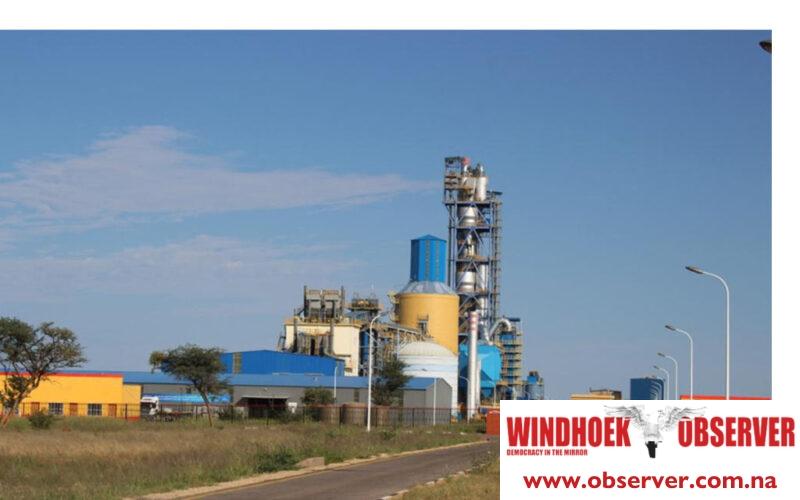Martin Endjala
The Namibia Competition Commission (NaCC) has fined four Chinese companies N$5 million for merging without authorisation.
This was disclosed on Wednesday by NaCC spokesperson, Dina //Gowases.
The companies are Fan Qingmei, Wang Zhongke, Hong Xiang Holdings Ltd., and Whale Rock Cement Pty Ltd., which owns Cheetah Cement.
“The Commission’s investigation found that the parties contravened Section 44, read with Sections 51 and 53 of the Competition Act. The investigation focused on a merger between West China Cement Limited and Schwenk Namibia (Proprietary) Limited, which was prohibited in 2020 due to its potential to prevent or lessen competition in the cement production and supply markets in Namibia.
The Commission’s investigation, which revealed that the parties had violated Chapter 4 of the Competition Act of 2003, accuses the companies of entering into a settlement agreement.
According to reports, the transaction amounted to a merger, which is against the Act.
The merger did not receive prior approval from the commission.
She said the commission detected that Zhongke acquired Hong Xiang Holdings shares from Qingmei.
//Gowases added that the commission’s findings indicated that the acquisition would have resulted in an effective monopoly in the production and supply of cement in Namibia that would likely have resulted in anti-competitive effects.
“The settlement agreement entered between the parties and the Commission was made an order of court in the High Court on 29 July, in the matter of Namibia Competition Commission versus Fan Qingmei and three others,” she said.
The parties agreed to pay N$5 million in pecuniary penalties and implement a competition law compliance programme in Namibia.
Hong Xiang Holdings is the majority shareholder, with a 70% shareholding in Whale Rock Cement and accordingly controls Whale Rock Cement.
“Given that Hong Xiang Holdings controls Whale Rock Cement, Zhongke’s acquisition of Hong Xiang Holdings from Qingmei constituted a change of control in Whale Rock Cement and a merger as defined in terms of Sections 42(1) and (2) of Chapter 4 of the Competition Act,” //Gowases stated.
She further explained that the merger falls within the prescribed notification thresholds, and the parties failed to notify the commission, as required in terms of Section 44 of the Act.
“The rationale is to prevent market structures that are conducive to anti-competitive conduct from developing,” she added.
This, according to her, is because markets that are characterised by a few participants with high barriers to entry, where customers have no bargaining power, and with little or no innovation create an environment where incumbents possess market power, which can potentially be abused through anti-competitive conduct.
“The commission is concerned about mergers if they are likely to result in substantial lessening of competition and in firms acquiring market power, which could be used against consumers through charging higher prices, changing of service levels, and changing of product quality among others,” said //Gowases.
According to her, all merger transactions meeting merger thresholds are required to be notified for assessment of possible market effects and clearance by the NaCC.
She said this has the benefit of protecting consumers from potential abuses that can result from market dominance.




